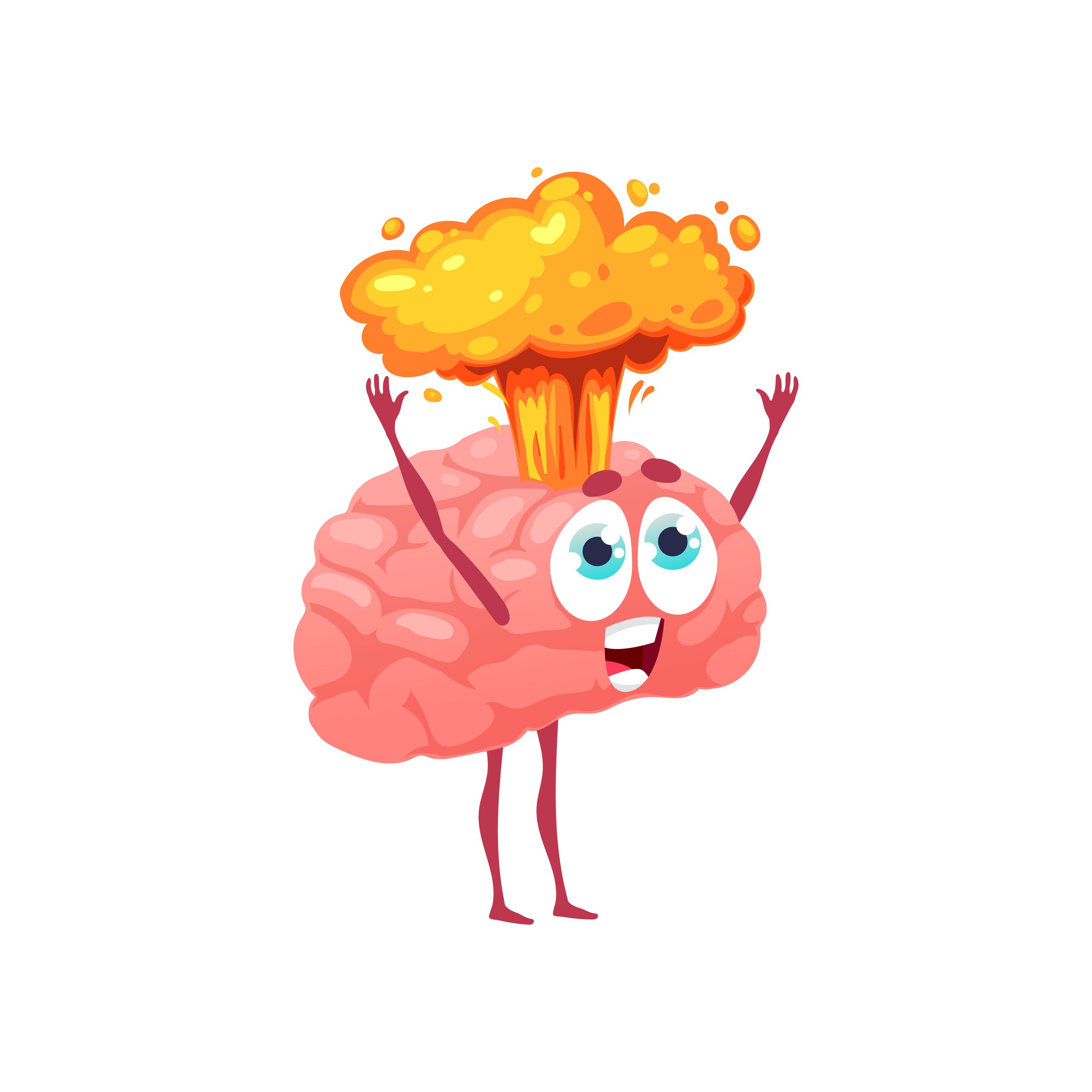Emotions Help Encode Memories
As a teacher, I often heard the phrase, ‘teaching and learning.’ As parents, teaching and learning happens, although we may not have articulated the phrase. We knew that by teaching our children, we were developing gifts for their future use.
Do we actively teach them? Unless we’re teachers also, probably not. But lessons were taught, memories created, and learning resulted.
Your child’s first efforts at speaking? We didn’t teach them by sitting them in a room behind a desk. We led them through the experience. When the child tried the word, we returned it in the correct form and context.
According to some experts, our large human brains have an unlimited ability to learn and re-learn. Under the right conditions, we can learn anything. One of those conditions may not be a classroom.
Another condition has to do with emotions. Last time, I compared our brains to computers. Computers have replaced many tasks traditionally done by humans. Artificial intelligence is doing even more. Given that they are non-emotional machines, their ability to learn is limitless.
Emotions can help us encode memories.
Many of us have a memory of a happy, family beach holiday. We recall everything down to the clothes we wore, the tastes of the summer ice cream, and the sand between our toes.
A happy brain is open to new memories.
Conversely, an angry brain is closed to them.
A child throwing a tantrum is not receptive to learning. Or reasoning. Or encoding memories …

